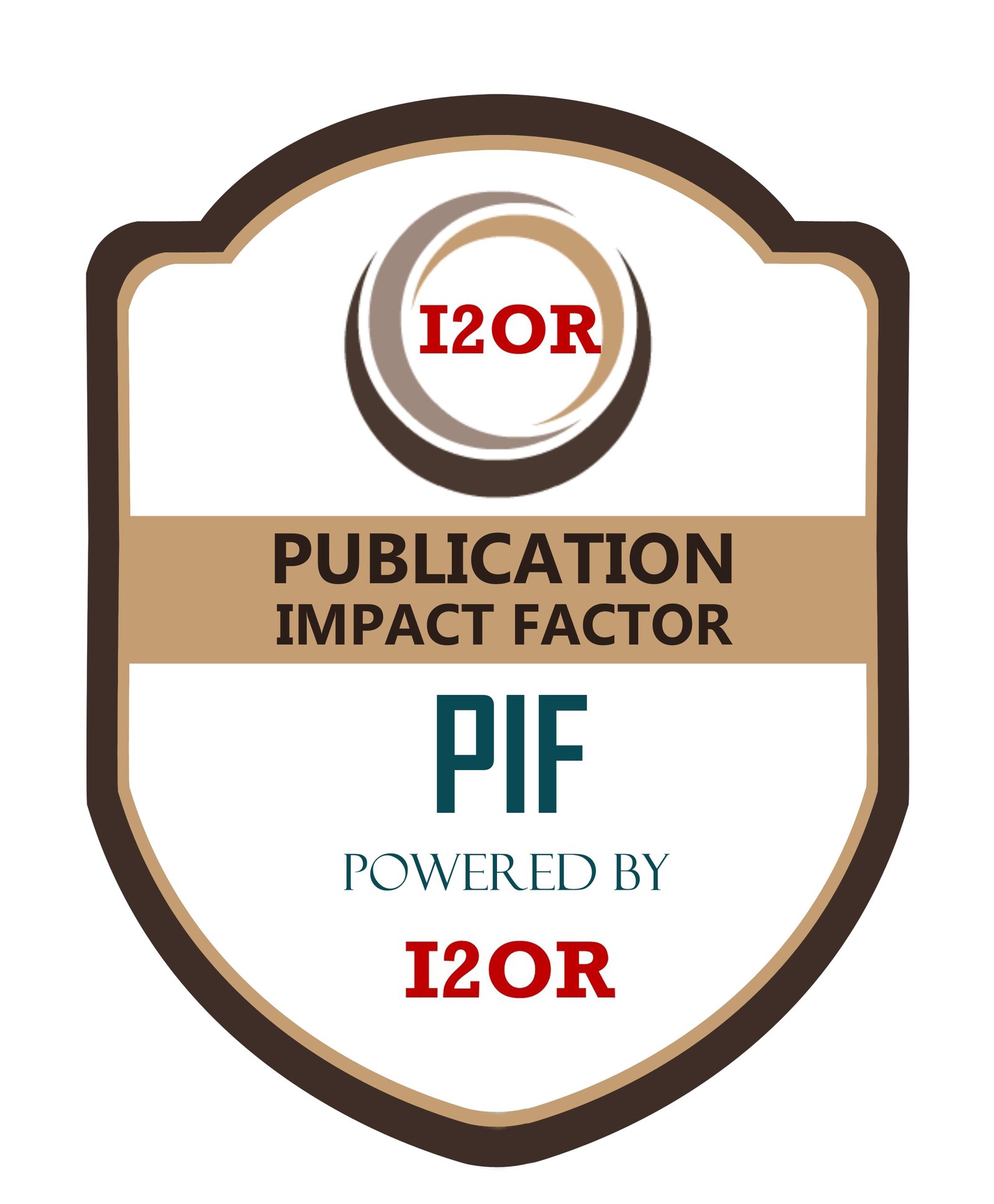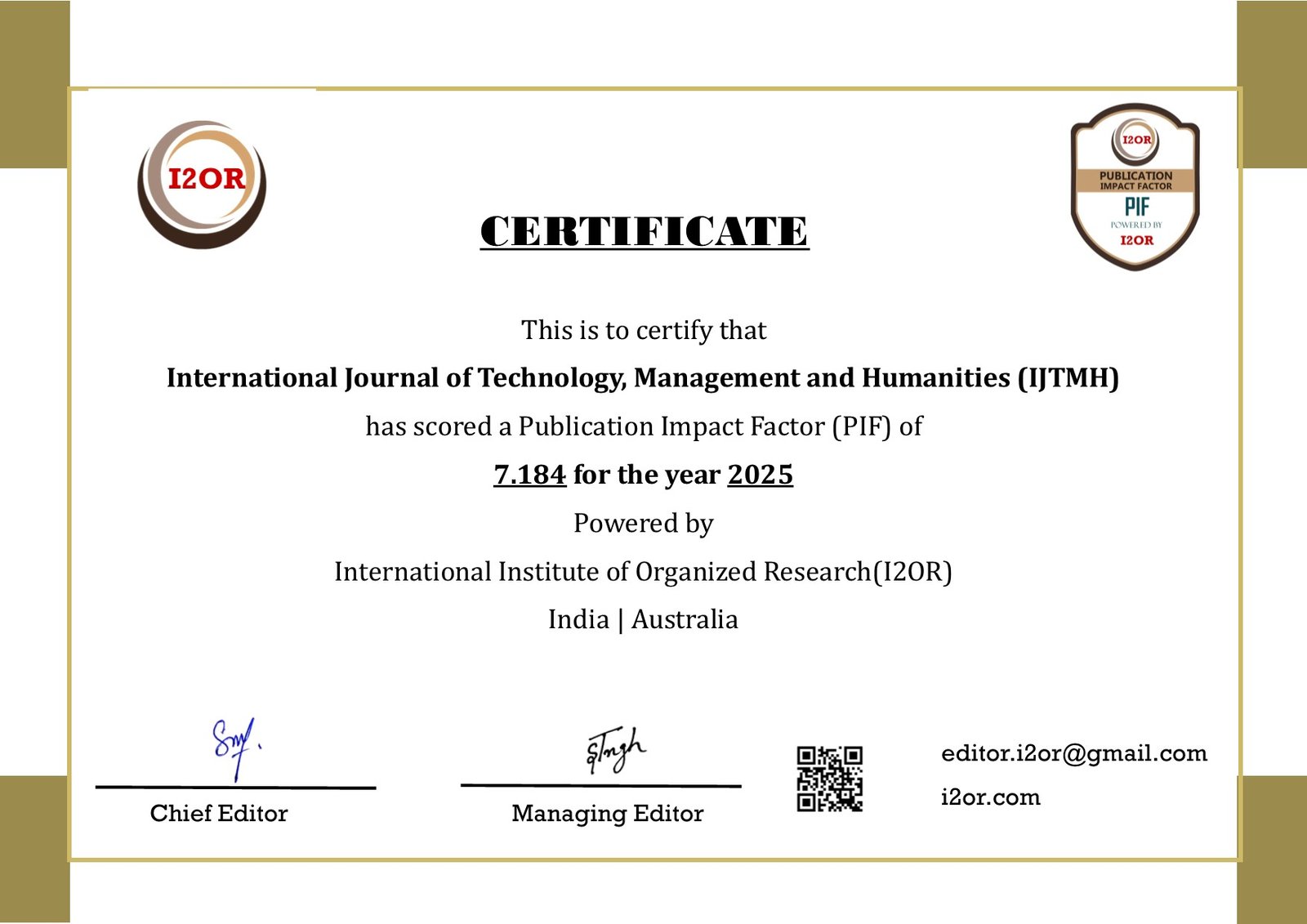From Healers to Interfaces: Building Trust in Technology-Mediated Healthcare in Nigeria
DOI:
https://doi.org/10.21590/Keywords:
Ddigital health, Trust, AI in healthcare, Religious legitimacy, Moral authority, Northern Nigeria.Abstract
In settings where biomedical distrust coexists with strong religious traditions and plural medical systems, trust in digital health tools cannot be assumed. This study builds on prior findings from Northern Nigeria showing that moral integrity, religious legitimacy, and biomedical expertise increase trust in human health communicators. We tested whether these cues retain their influence when embedded in technology-delivered care. In a between-subjects experiment (N = 720), adult participants from Sokoto and Zamfara states evaluated simulated health consultations presented through three formats: a human doctor via video, an AI-driven avatar with localized moral and religious framing, and a neutral text-based chatbot. Each presented identical messages related to vaccination, infection prevention, and maternal care. Trust, behavioral intention, and perceived legitimacy were measured using Hausa-translated, validated scales. Participants expressed the highest trust in the human video condition (M = 4.21, SD = 0.59). The culturally adapted AI avatar significantly outperformed the neutral chatbot and approached human-level trust when it included moral and religious cues (β = .41, p < .001). Trust mediated the relationship between message format and behavioral intention (indirect effect = .27, 95% CI [.18, .38]). Religiosity moderated this effect, with more religious participants showing higher trust in the framed avatar. These findings suggest that digital health tools can incorporate moral and cultural signals to improve acceptance, especially in contexts where institutional trust is low. Designing for cultural resonance may help narrow the trust gap between human and non-human communicators in health care delivery.







